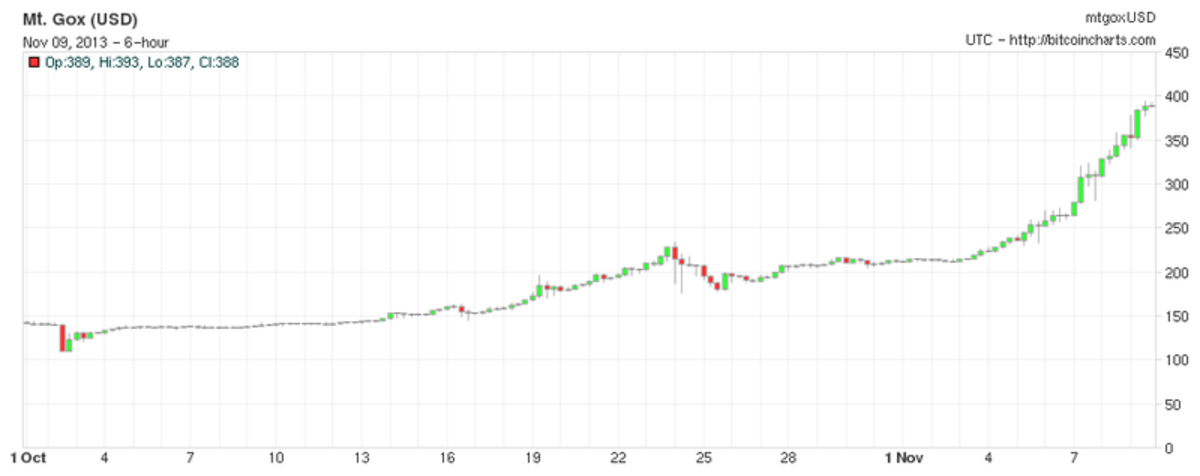We all know that the first generation of bitcoin exchangers was made in hastle and had a lot of problems. Frequent system hacks, DDoS attacks and other regular problems allowed users to understand that not all bitcoin transactions are successful.
However, there are already a second generation exchangers that can guarantee the secure exchange without problems and the possibility of losing money. One of these resources is CoinX, based in the US exchange which provides services for both American and foreign clients.
Megan Burton, the founder of CoinX, said that in the beginning the development team invested over $1 million in the developing of the platform, which is currently still in beta testing.
She highlighted the safety of such investment and its legal compliance.
Burton has 15 years of experience in the IT-security. Since 2004 she has served as CEO of security and IT security services in a company SeeGee Technologies, and before that she worked in Logicalis and Dimension Data.
Megan's main responsibilities in CoinX are an encoded database and application firewalls at work with the security of the system.
In addition, she provides services to a "major exchange" company, which, according to rumors, is a New York Stock Exchange (NYSE).
As explained by Burton, a new service designed for institutional investors was introduced at the end of last month, at the Money 2020 exhibition. She argued: "We are seeing more and more companies that give preference to alternative trading systems within the broker dealer market, and so amongst institutional investors."
However, the company is not going to fit the specifics of new customers and especially the institutional investors. Developer is not planning to create an option to make transactions involving the producers and sellers of goods, despite the fact that recently opened British website Coinfloor and New York company Coinsetter did it.
CoinX adheres to the traditional approach of establishing flexible commissions, depending on the volume ranges. For example, 500 BTC or less will be taxed 0.3% fee. But when it comes to transactions between 100,000 and 150,000 BTC the fee is reduced to just 0.1%.
CoinX accepts payments in three currencies: US dollars, euros and pounds sterling (thanks to the cooperation with the British Financial Conduct Authority).
But the service does not provide any deposit options for foreign participants. Furthermore, CoinX also is not using the European direct payment network SEPA. Instead of this all participants outside the 50 states are limited to use only bank wire. Why is this happening? According to Megan, providing services to American customers can make international banks susceptible to regulation.
Burton says that there is a lot of pressure from the United States. They are US citizens and the organization is also based in America, so the international community usually is beware of working with US citizens whose financials is subjected to strict regulation. For example, British Coinfloor even completely blocked the ability for Americans to use their platform and have focused on domestic market. In the USA, CoinX continues to struggle with compliance regulations to expand its influence in all 50 states. According to Megan, the registration with FinCEN was easy enough, but for the coordination of all documents at the state level takes time.
"Each state has different guidelines and definitions as to what money is," says Burton. Also, for example, the definition of money transmission varies from state to state, however CoinX goal is to become an exchanger within the whole America.
At the time of writing, CoinX already operates in more than half of the states in the country, and is discussing further cooperation with many other parties. But Megan believes that this process will be delayed for a period of 18 to 24 months.
Unfortunately, the three major states - California, Texas and New York - are still not ready to work with CoinX. And this is almost 25% of the total USA population. But company executives said that the negotiations with California already scheduled for November 19.
In some states, system services can be regarded as an alternative sphere related to the monetary services, mentioned Burton.
This is about the same as selling a product being its owner, she said. “We still have to apply to the state and ask them for a no-action, or ask them where it sits within the regulatory guidelines.”
In some states, CoinX is not regarded as a company engaged in the monetary transmission. And going forward, in some states this service may look different to fit into the local regulations," mentioned Burton.
Another challenge for the service is a solid banking system. The developer believes that due to the lack of flexibility, the banking system in the US seams to crack soon.
Currently CoinX has five partner banks, three of them are national banks and the others are small banks. In general, they provide many different services, including international banking and automated clearing house (ACH).
CoinX plans to publicly launch the service within the next month.
Hopefully, by the end of the year the system will be able to negotiate with all the remaining states that allow the developer to go to the state level.











